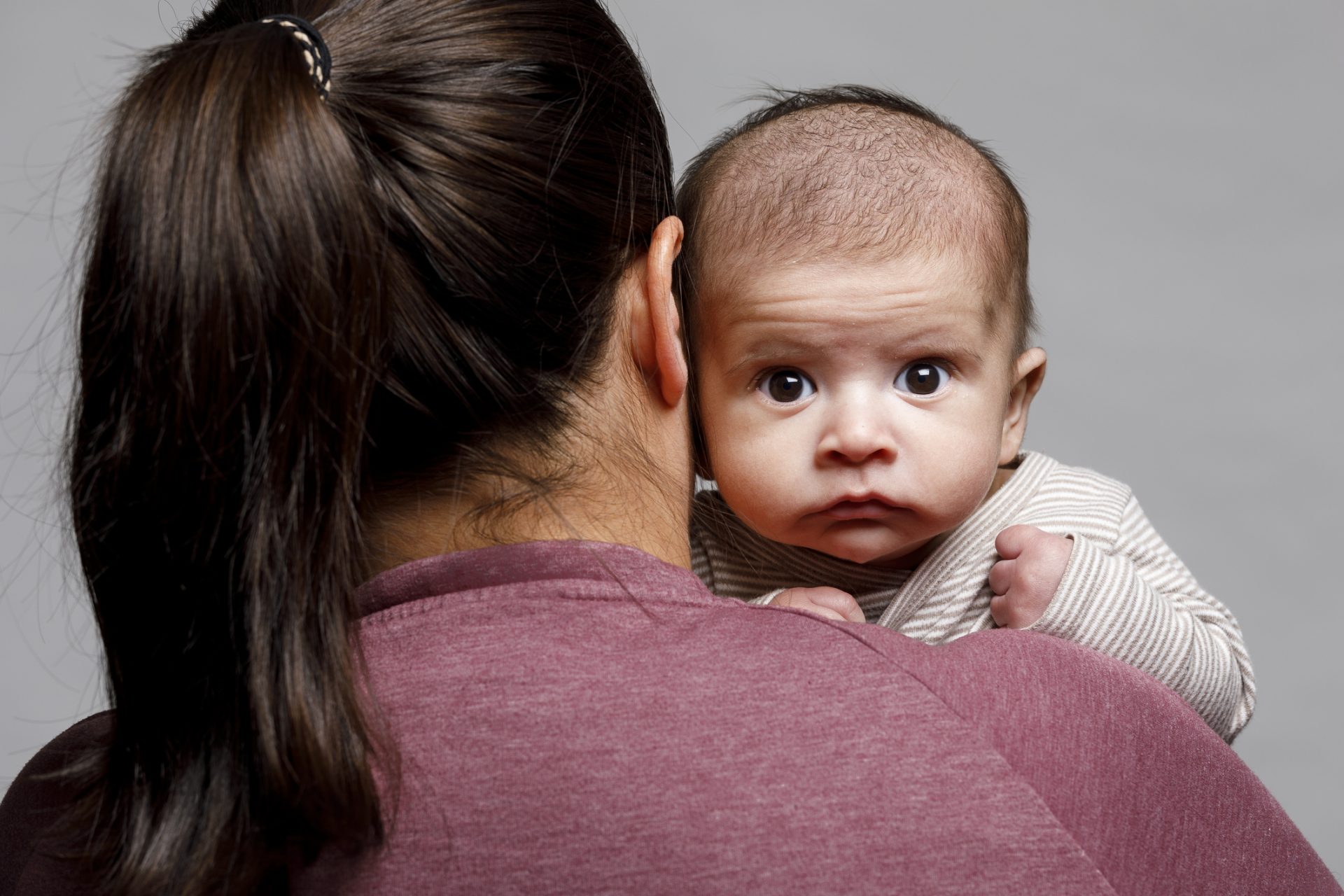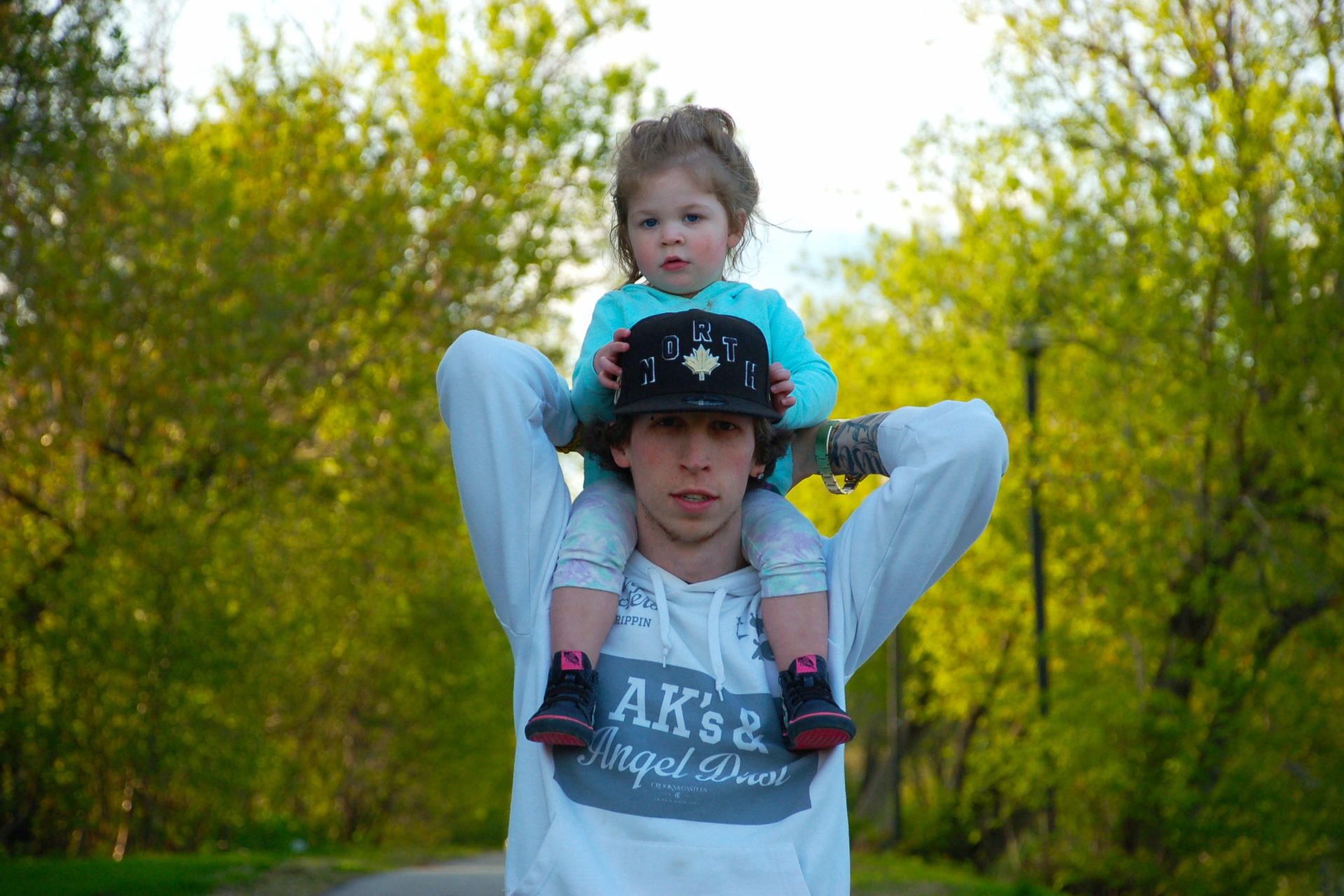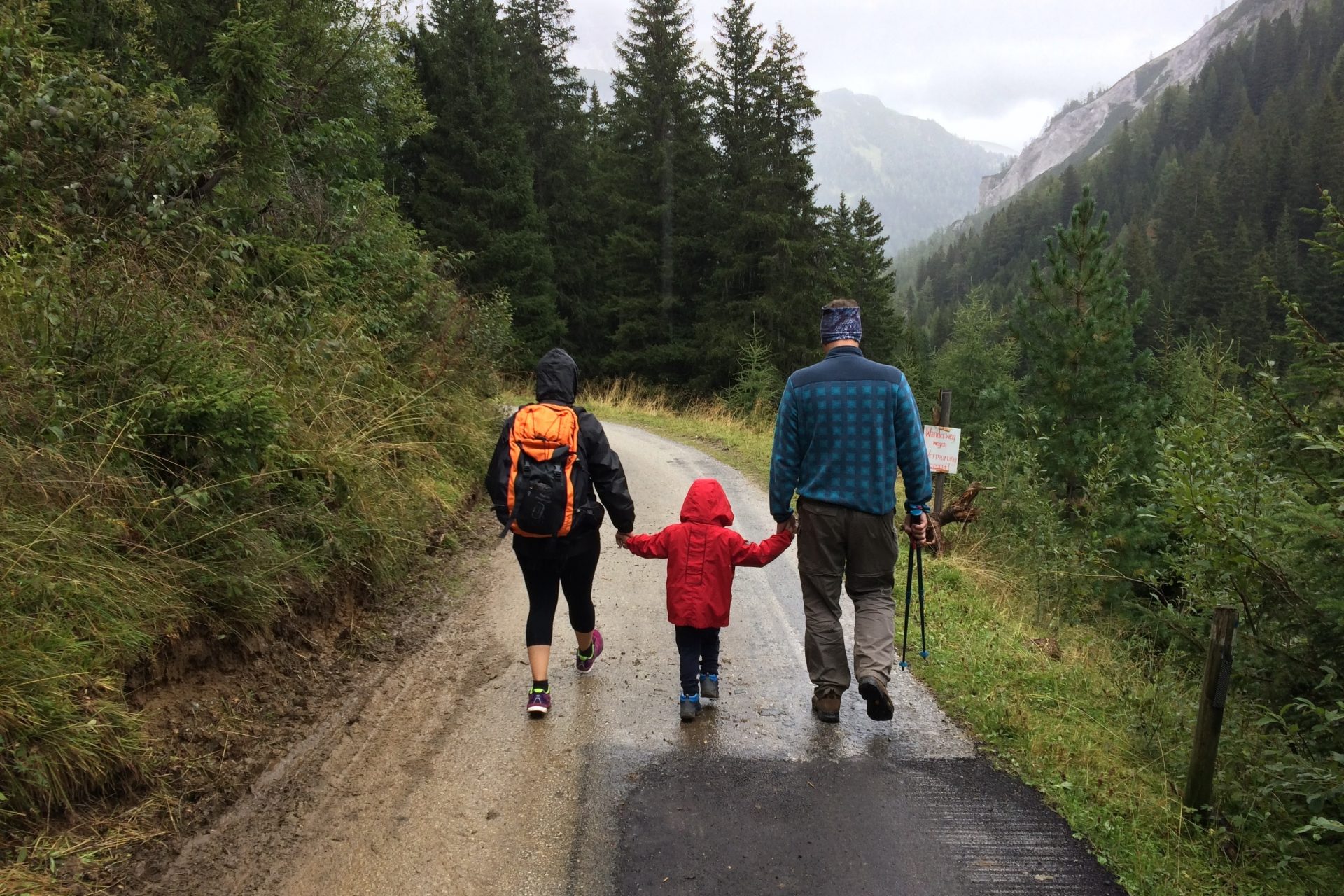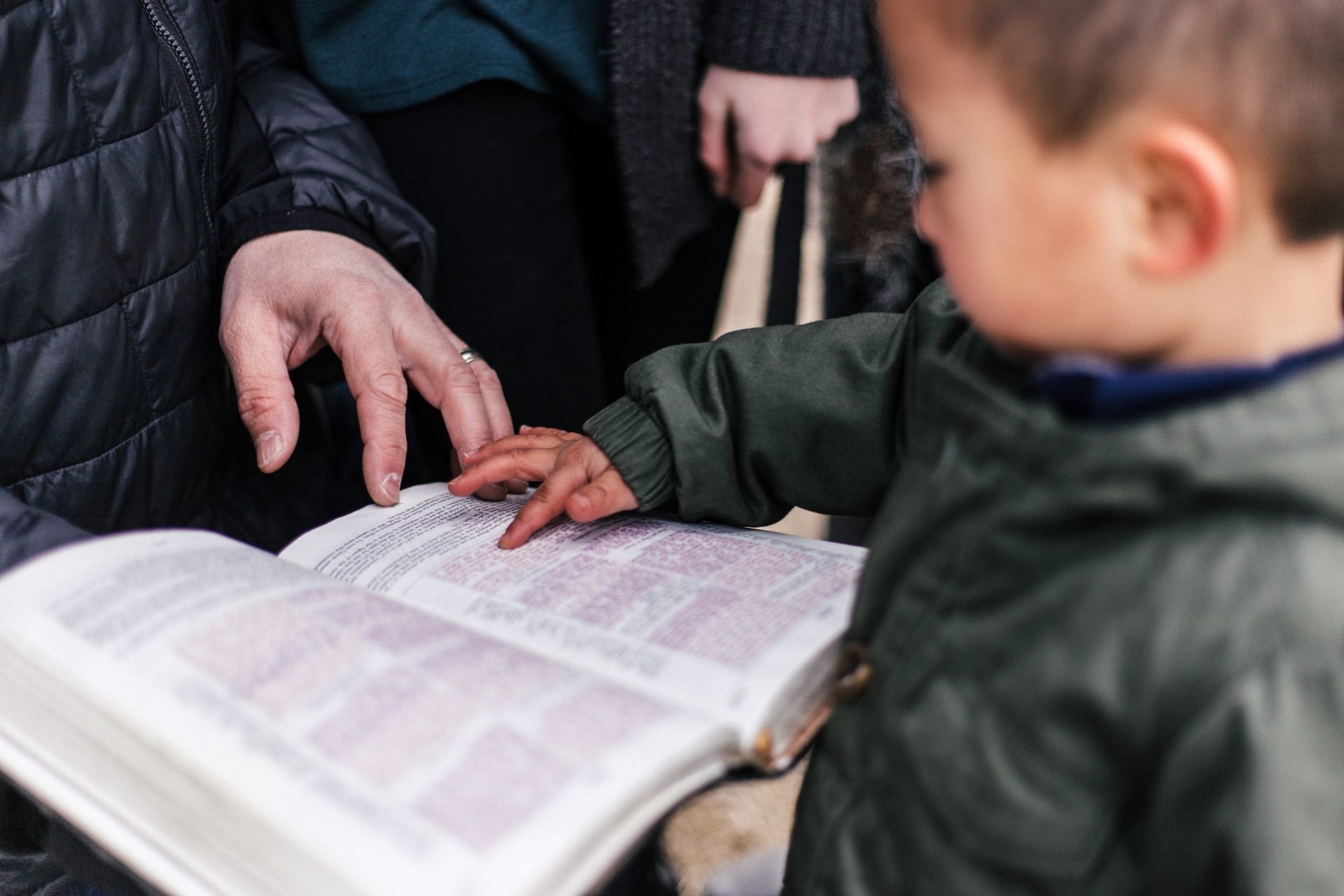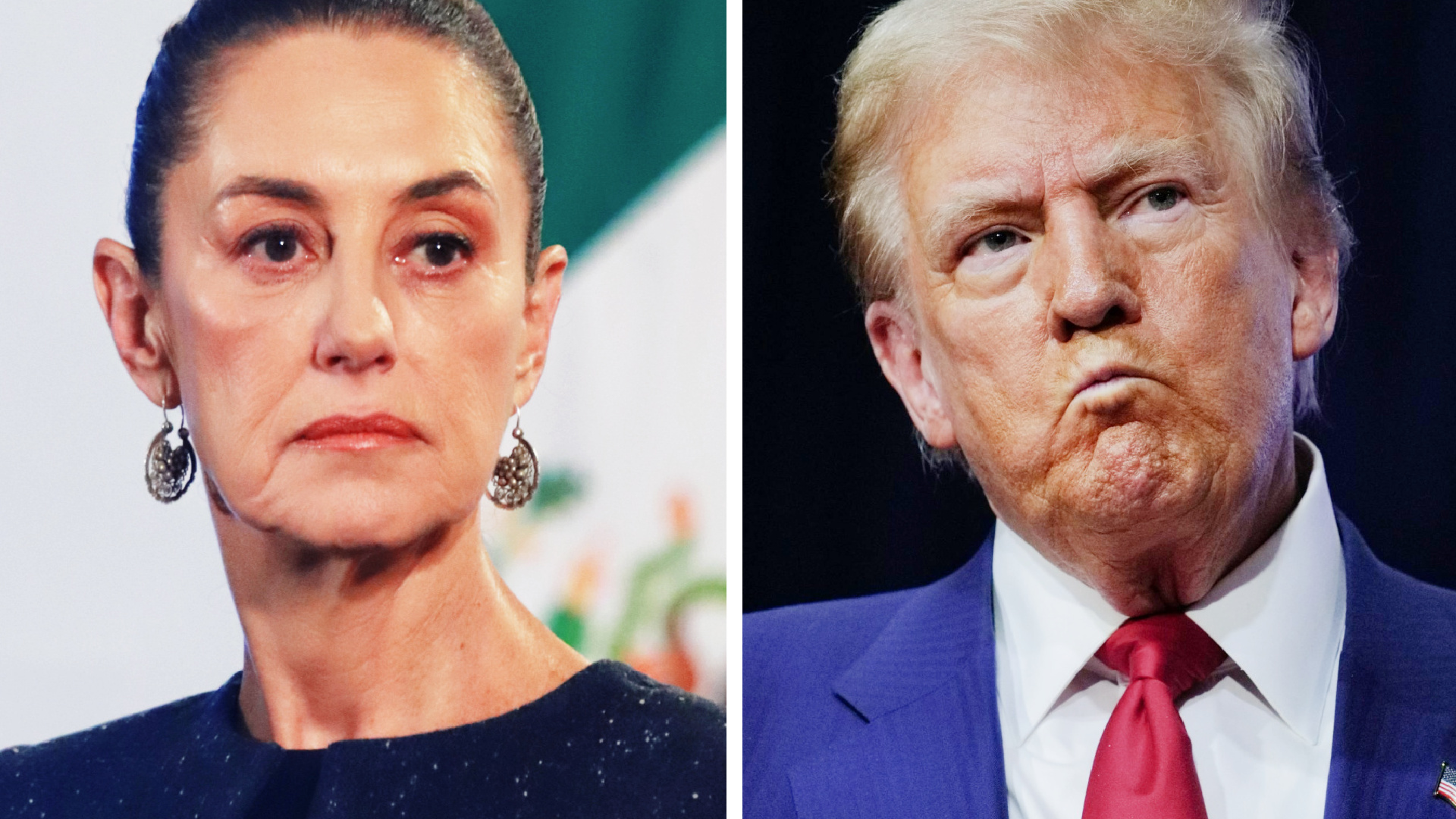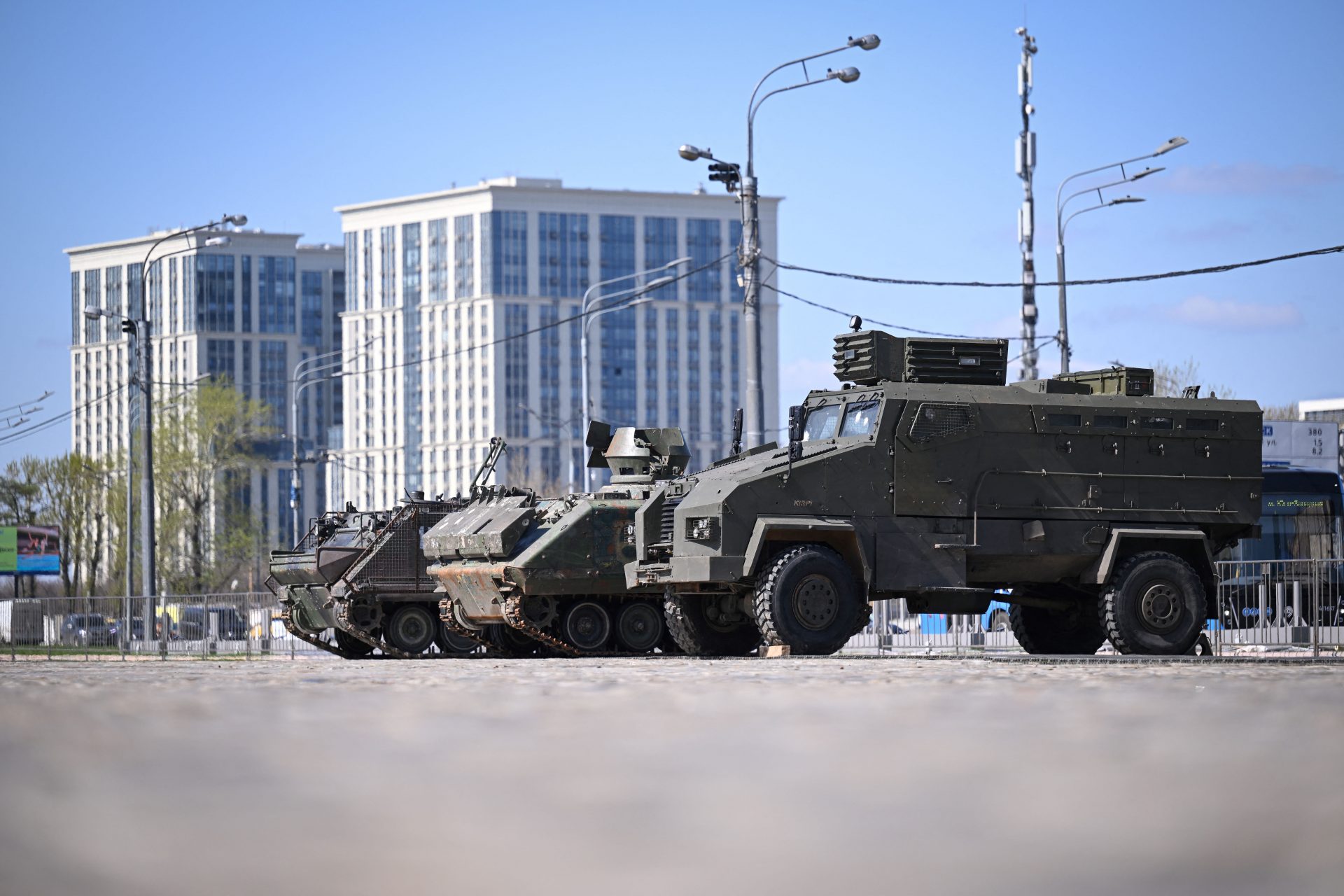Raising children in Canada cost parents a lot more than you think in 2023
The cost of living in Canada was a problem on the minds of most Canadians at the end of 2023. Expenses for everyday necessities had risen out of control and survey data from the end of the year revealed an overwhelming majority of people weren't doing well.
Almost seven out of ten people (69%) polled by the international market research firm Ipsos said they wouldn't have been able to cover an unexpected $1,000 bill at the end of 2023, a number up a shocking six points from September 2023.
A similar number of people (66%) were worried that they would have to delay their plans for the future and 55% reported they wouldn't be able to pay off the balance of their credit card. 53% even said that they didn't have enough money on hand to feed their family, and that was a very worrying statistic.
If facing the cost of living crisis in 2023 was difficult for single Canadian adults, it was much more challenging for the country's parents. People with children could expect to pay thousands more for their kids in 2023, and a report from the federal government revealed just how much parents could expect to pay.
Canadian parents can expect to pay hundreds of thousands of dollars to raise a child to adulthood in Canada according to a new report from the federal government that sheds new light on the costs of rearing children in the country.
Statistics Canada spearheaded the report examining the cost of rearing children in Canada and the government organization's findings revealed that raising just one child to seventeen was a very costly affair, one that only got worse as children aged.
Photo by Chelsey Faucher on Unsplash
Data was provided for several different household income ranges in the country and the average two-parent household can anticipate a cost of roughly $300,000 to rear a single child to the age of seventeen with that number fluctuating.
Photo by Priscilla Du Preez on Unsplash
For example, lower-income two-parent households could have expected to pay $238,190 for one child while a middle-income two-parent family would pay 293,000. The cost to rear a child jumped drastically for high-income two-parent households with a total price of $403,910.
Photo by PiggyBank on Unsplash
Lower-income households were classified as earning a total house income of less than $83,013 while middle-income households earned between $83,013 and $135.790. The high-income household category earned anything above $135.790.
Photo by Alberto Casetta on Unsplash
Interestingly, the report also estimated the cost to raise a child to the age of twenty-two and showed that the price of having just one child living at home to that age jumped up significantly across all household income categories studied.
Photo by Priscilla Du Preez on Unsplash
Lower-income households could expect to pay $308,710 dollars to raise one child five years past seventeen while middle-income households paid $378,900 and households with a high income would spend $521,000.
Photo by Kelly Sikkema on Unsplash
The report's authors reported that the significant jump in price was likely due to the cost of post-secondary education. "This increase is attributable to more years of expenses and to higher education costs (likely for postsecondary education tuition), the authors of the report wrote.
Photo by Nathan Dumlao on Unsplash
The price of raising one child for single-parent households was also examined and they were slightly lower than the figures for two-parent households. Low-income households paid $231,260 and middle-income households paid $372,110.
Photo by Priscilla Du Preez on Unsplash
High-income households were rolled into the middle-income household figures with the group earning anything above $83,013. The cost to raise a child to twenty-two for single parents also saw a similar jump to the one experienced by two-parent households.
Photo by Carlos Muza on Unsplash
However, the report stressed that it was only providing rough estimates of what it would cost to raise a child in the country based on information gathered from Canada’s Survey of Household Spending, which took place between 2014 and 2017.
Photo by Nathan Dumlao on Unsplash
"Generating estimates of the cost of raising a child is complex, and spending on children is highly variable across different types of families," the report read. But this was not the only caveat the authors of the report pointed out in their summary of the data.
Photo by Hillshire Farm on Unsplash
“An additional challenge is the growing importance of the costs incurred for adult children who live with their parents, which few studies estimating expenditures on children have examined,” the report’s authors wrote. So what did all that mean?
Photo by Alexander Dummer on Unsplash
The data used by Statistics Canada to estimate the cost of raising children in 2023 and beyond was taken at a time when fewer children were living with their parents into adulthood. Moreover, data was gathered prior to the major inflation crisis Canada had experienced at the time.
Photo by Krzysztof Hepner on Unsplash
This likely meant that the cost of raising a child was significantly higher than the numbers presented in the report according to comments from CTV News’ Natasha O’Neill at the time. However, the trend of higher costs for children who stayed home longer likely did hold true.
The report's authors noted that roughly five million families in the country had at least one child younger than the age of 25 living at home and added that 43% of the country’s parents had two kids under that age while 20% had three or more.
Photo by Mike Scheid on Unsplash
The biggest expense for families across all income types was the cost of housing, which accounted for somewhere between 27% to 32% of spending. Housing was followed by transportation costs which amounted to 18% to 20% of household budgets.
More for you
Top Stories



